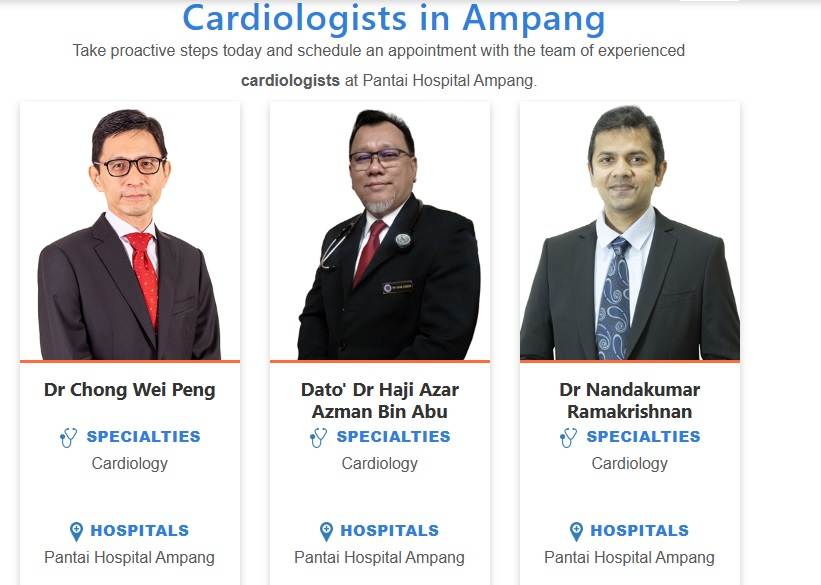
How a Skilled Cardiologist Conducts a Physical Assessment and Requests Appropriate Tests
A physician with expertise in detecting and treating disorders of the heart and blood arteries is known as a cardiologist. In addition to administering efficient care, a skilled cardiologist conducts a comprehensive physical examination and orders necessary tests to evaluate the patient’s heart health, blood pressure, pulse, and other vital indicators. Making an accurate diagnosis, assessing the problem’s severity, and formulating the best course of treatment all depend on these processes.
Physical Inspection
One fundamental but crucial component of a cardiologist’s assessment is a physical examination. It include assessing the patient’s overall health, skin tone, height, weight, and attractiveness. In addition, the cardiologist uses a stethoscope to listen to the patient’s heart and lungs and feels for abnormalities in the patient’s legs, belly, and neck veins. A cardiologist may also search for any physical signs, such as edema, cyanosis, clubbing, or murmurs, that point to a particular cardiac ailment.
A physical examination may assist the cardiologist in identifying any overt or covert indications of cardiac illness, including congenital anomalies, arrhythmia, heart failure, and valve issues. Assessing the patient’s risk factors, such as smoking, obesity, or family history, might also be helpful to the cardiologist. A baseline for comparing the patient’s state before and after therapy may also be obtained via a physical examination.
Tests That Are Relevant
A cardiac condition cannot be diagnosed by a physical examination alone. A skilled cardiologist will additionally order pertinent tests to support the diagnosis and gather more specific data about the anatomy and function of the patient’s heart. The examinations might consist of:
• Electrocardiogram (ECG): This test documents the heart’s electrical activity. It may assist the cardiologist in identifying any irregular cardiac rhythms, conduction issues, or myocardial injury.
• Echocardiogram: This examination creates an image of the heart using sound waves. The cardiologist may use it to assess blood flow and pressure in the heart and blood arteries, as well as the size, shape, and movement of the heart’s chambers and valves.
• Chest X-ray: This test creates a picture of the chest by using radiation. The cardiologist may use it to assess the size and form of the heart and lungs as well as to look for any signs of infection, fluid buildup, or heart or blood vessel enlargement.
• Blood tests: These examinations examine a patient’s blood sample. They may assist the cardiologist in measuring blood levels of chemicals that may point to a cardiac condition or risk factor, such as glucose, cholesterol, electrolytes, hormones, or enzymes.
• Additional tests: The cardiologist may also order additional tests, such as a stress test, angiogram, cardiac catheterization, or nuclear scan, depending on the patient’s condition and symptoms. These tests are intended to assess the patient’s heart function and blood flow under various circumstances and to visualize the heart muscle or coronary arteries.
The cardiologist may discover any complications or coexisting disorders, as well as assess the degree and severity of the cardiac issue, with the use of pertinent tests. Additionally, they may support the cardiologist in assessing the patient’s development and reaction to therapy so that the treatment plan can be modified as necessary.
In summary
In order to evaluate the patient’s cardiac function, blood pressure, pulse, and other vital indicators, a skilled cardiologist conducts a physical examination and orders pertinent tests. Making an accurate diagnosis, assessing the problem’s severity, and formulating the best course of treatment all depend on these processes. A competent cardiologist also follows up with the patient and tracks their development, in addition to educating and advising the patient and their family. A skilled cardiologist can assist the patient in achieving the greatest possible result and quality of life in this way.
#cardiologist
#Pantai Hospital Malaysia
Want to know more? Read:

